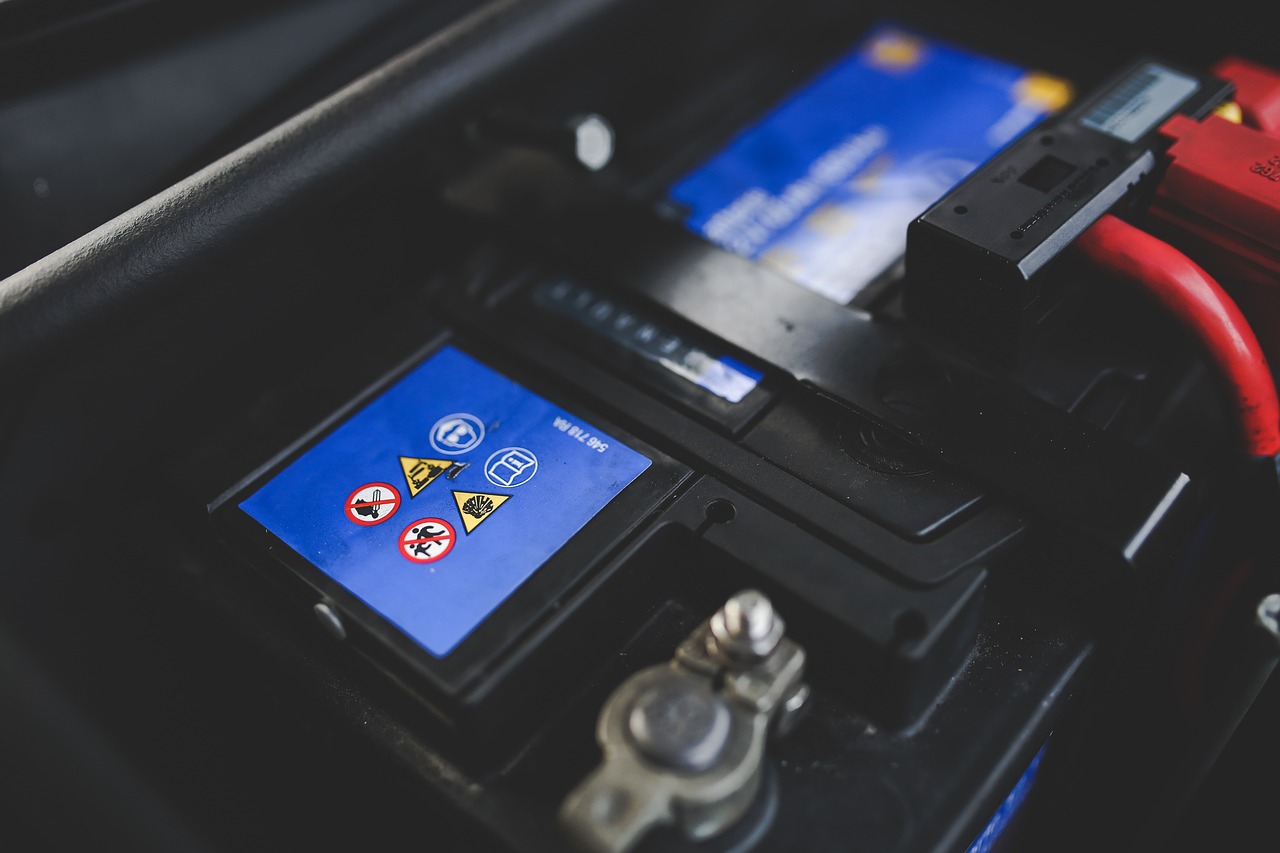
A 550-acre electric vehicle (EV) battery plant under construction near Debrecen, Hungary, is one of the country’s largest foreign investments. The €7.3bn factory, built byChina’s Contemporary Amperex Technology Co. (CATL), is contentious with
residents, environmentalists and opposition politicians concerned with existing environmental problems, precious water supplies and the influence of the Communist Party of China.
The Great Hungarian Plain has suffered record heat waves. Last year, Hungary experienced its hottest summer on record, and nearly 2.5 million acres, or 20% of the country’s croplands, dried out, leading to fears that the plain is threatened with desertification. Hungary’s government believes that the European Union’s ambitions to phase out the manufacture of internal combustion engine vehicles by 2035 presents a unique opportunity for the country to take its place as a leader in EV battery production. CATL’s 100 GWh battery plant in Debrecen is expected to create 9,000 jobs, and is part of the government’s strategy to serve foreign car manufacturers in Hungary as they transition to battery-powered vehicles.
The approval procedure for the first phase of a factory in Debrecen does not show how much water consumption and emissions can be expected, or the longer term consequences for Hungary’s air, soil and water is undermining trust between the local population and the government. It is known that CATL’s 70% of water consumption will come from grey water, and that this was not included in any environmental impact study. Critics point to Hungary’s dependence on foreign-owned automobile companies and China’s foothold in Central Europe.
Laszlo Lorant Keresztes, president of the Hungarian parliament’s Committee on Sustainable Development, said that Hungary’s economy is vulnerable to the automotive industry, and the €800 million euros in infrastructure and tax incentives Hungary’s government will provide to CATL, when compared to the amount of money per job created by the plant, is a bad investment.






